Meagan Wolfe on absentee ballot drop box guidance for 2024
By Frederica Freyberg | Here & Now
July 12, 2024
Wisconsin Elections Commission Administrator Meagan Wolfe details guidance for local election clerks on unstaffed absentee ballot drop boxes after the state Supreme Court reversed a ban on their use.
VIDEO TRANSCRIPT
Frederica Freyberg:
A week ago, the Wisconsin Supreme Court reversed a near total ban on the use of absentee ballot drop boxes enacted in 2022 after conspiracy claims of election fraud. The high court ruling allowing absentee ballot drop boxes prompted an emergency meeting of the Wisconsin Elections Commission to carefully craft guidance for the 1,800 election clerks across the state, who may now start using them again, starting with the August 13 primary. Elections Commission Administrator Meagan Wolfe metes out the commissioners' guidance. She joins us now, and thanks very much for being here.
Meagan Wolfe:
Thanks for having me.
Frederica Freyberg:
So how does the new guidance for clerks on the use of the boxes differ from guidance given by the commission for the 2020 election?
Meagan Wolfe:
Yeah, that's a great question. In 2020, the commission didn't issue guidance that was very specific, because clerks have been using drop boxes for decades. It was a local decision, where they had been choosing, whether or not it was right for their community for a long time. This guidance by the commission, I think is different in that it does lay out some more specific information, especially as it relates to security practices. So, the commission today in their meeting, they had a public meeting, where the six commissioners unanimously voted to adopt this guidance, and it includes a pretty robust section on security best practices. And I think the commission's desire today was to make sure that jurisdictions across the state, whether it's a large city or a small town, have security best practices that they can analyze and utilize, no matter what the size of their jurisdiction, and really try to get consistency in terms of election drop box security.
Frederica Freyberg:
So, what are some examples of specific security around these boxes?
Meagan Wolfe:
So, there is some federal best practice guidance, which has been shared with the clerks as part of the commission's guidance, but the commission also went through, line-by-line, all six commissioners, in a bipartisan fashion, and they included items such as making sure that a drop box is securely affixed to the ground or the side of a building, making sure that drop boxes are secured against unlawful access or emptying. Things like analyzing to make sure a drop box has a slot that's appropriately-sized so that only an absentee ballot can be deposited, and not other objects. And so many of the things are pretty common sense, but it gives the local election officials a checklist that they can go through and use when they're analyzing their drop box security for their jurisdiction.
Frederica Freyberg:
Of course, we know that the use of these boxes exploded during pandemic voting, with more than 40% of all votes cast that year through absentee ballot. Did that in result election tipping fraud as alleged by Donald Trump and his supporters?
Meagan Wolfe:
So there certainly has been analysis that's been done about the 2020 election, and the security and lawful nature of that election, and there has not been any widespread fraud shown to be a reality in that election. And so I think that we didn't see those types of unlawful practices in the 2020 election, and certainly we don't expect to see those things in the 2024 election. But things like this bipartisan guidance from the commission today will help to build on what are already very secure elections with integrity here in the state of Wisconsin.
Frederica Freyberg:
As we sit here, you personally are under heightened security protection, having been targeted by these conspiracist groups for what they call allowing illegal drop boxes then. With this latest ruling allowing drop box use, have those threats again ramped up, or do you fear they might?
Meagan Wolfe:
I haven't seen anything additional in the last few weeks, but I do remain vigilant in terms of combating that misinformation. There was a lot of misinformation after the 2020 election, where there were decisions of the commission attributed to me wrongfully. I am not a commissioner, I don't have a vote on the commission. When the commission meets, they meet in a public meeting, and they have these discussions to sort out what guidance they're going to provide to clerks. My role is to simply implement their directives, like we did today. The commission met in a public meeting, and they went line-by-line through this communication, and unanimously decided to issue it. And so, my goal here is really just to continue to show people the process of how decisions are made here in the state of Wisconsin pertaining to our elections, and in hope that people have a better understanding of how things are done, and are willing to engage with the process, watch our meetings, and see how the decisions are actually made.
Frederica Freyberg:
So, 1,800 election clerks, as we've said, across Wisconsin, have received the new guidance on the use of the absentee ballot drop boxes. What kinds of calls and questions are you getting from clerks as they gear into the August primary and the November general election?
Meagan Wolfe:
I think for many clerks, this information, especially about what constitutes a secure drop box, or at least practices that they should consider, is really front-of-mind to them. They want to make sure that they're offering opportunities to return ballots to their community that are both convenient, accessible, and are secure, are safe, that give people confidence that this is something that the clerks and the local election officials take very seriously in terms of making sure that it's a safe way to return your ballot. And so, that's really the majority of the questions. I think many of our clerks will be happy to see this guidance today, in that the commission did very thoughtfully provide a lot of good best practices and considerations.
Frederica Freyberg:
Meanwhile, at the polling places proper, there's an expectation of heightened election observer activity, with one group stating that they plan to aggressively challenge perceived ballot fraud. What are clerks prepared for with election observers, especially after two of them had to be removed from a Glendale polling place just last week during a special election?
Meagan Wolfe:
So, the commission, meaning again the six-member bipartisan commission, has also made tremendous progress this year in new observer rules. So there is a new emergency observer administrative rule that is now available, and the commission undertook over a years-long process, where they actually had an advisory committee that was made up of clerks, of observers, and of other groups that are involved in elections that really represented the full spectrum of Wisconsin politics, and they all came together and had multiple meetings to talk through some of the questions and concerns that arise as part of the observer process. And so I believe that that guidance, again, it's unanimous guidance or administrative rule that was passed by the commission, is really going to be helpful to be able to give the poll workers and the observers themselves a better understanding of what their rights are in the polling place. Observers are such an important part of a healthy election day, being able to observe the process, and this new observer rule really helps observers understand their rights in terms of what they're able to see, and the poll workers understand what constitutes sort of orderly conduct of the polling place, and when they're able to step in when we do have those rare instances where there are disturbances.
Frederica Freyberg:
All right, Meagan Wolfe, thanks very much.
Meagan Wolfe:
Thank you.
 Passport
Passport




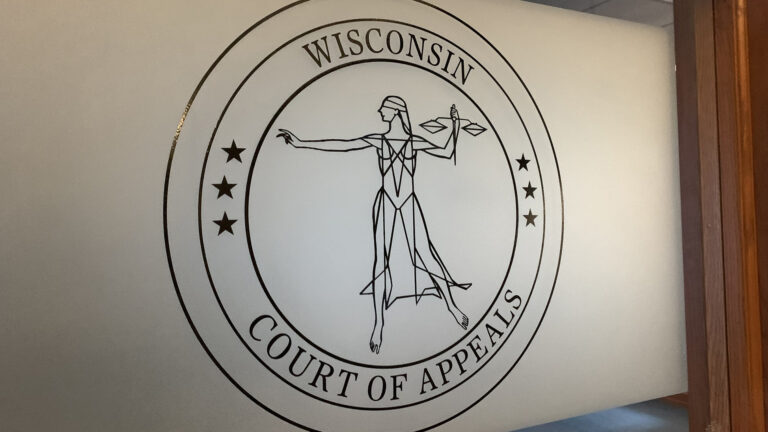
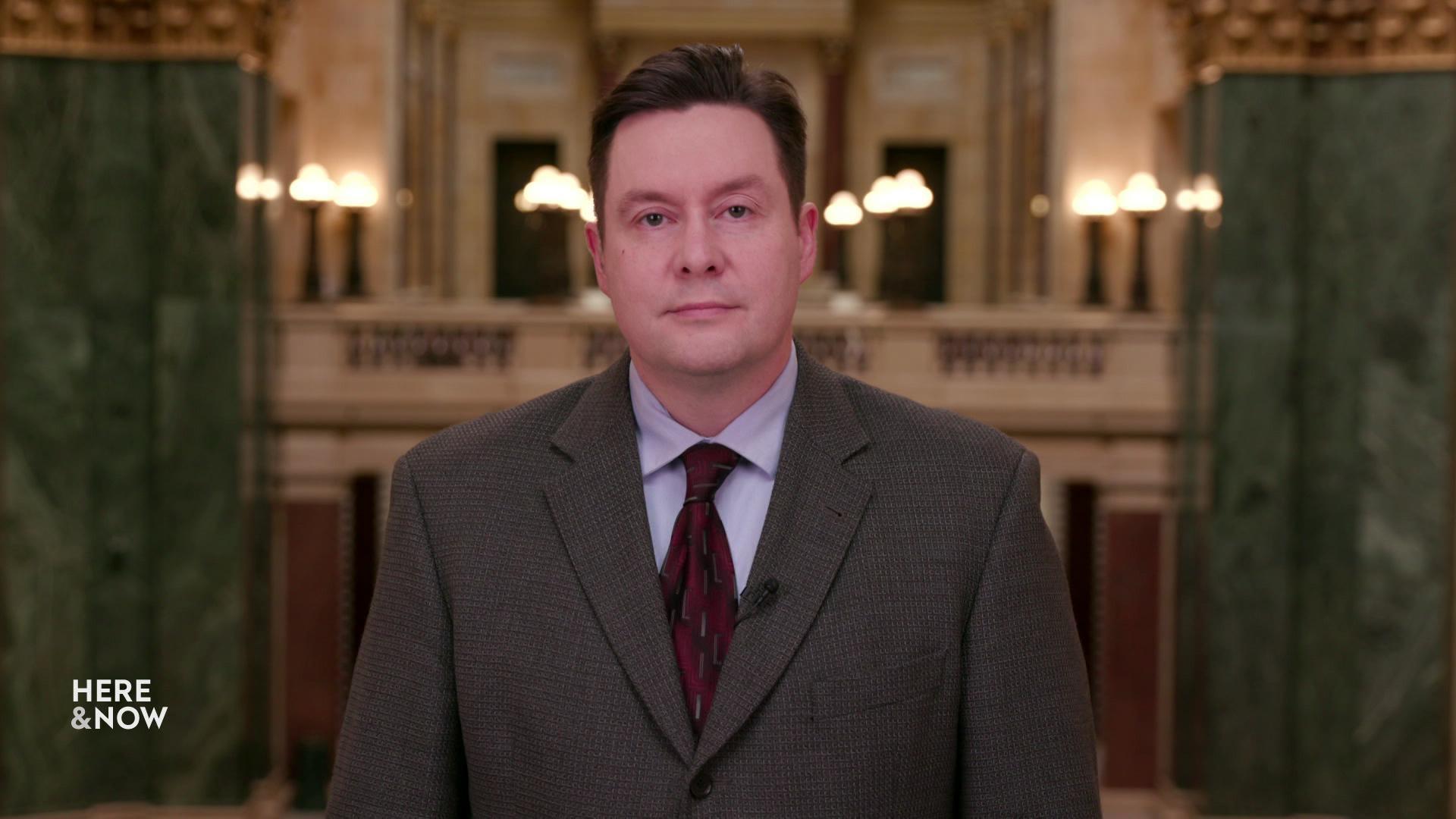
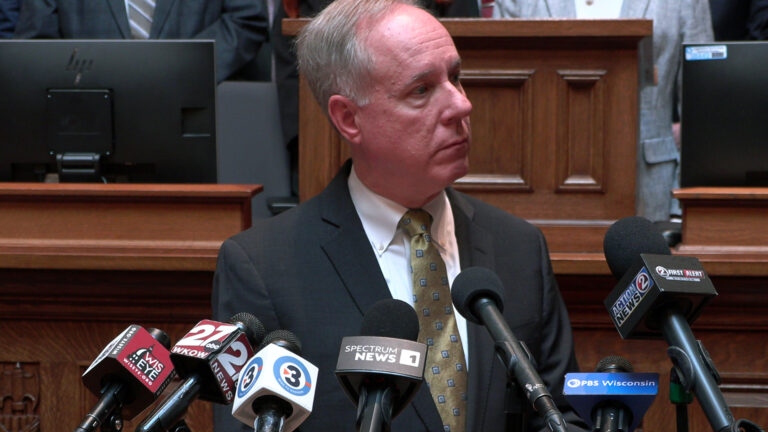

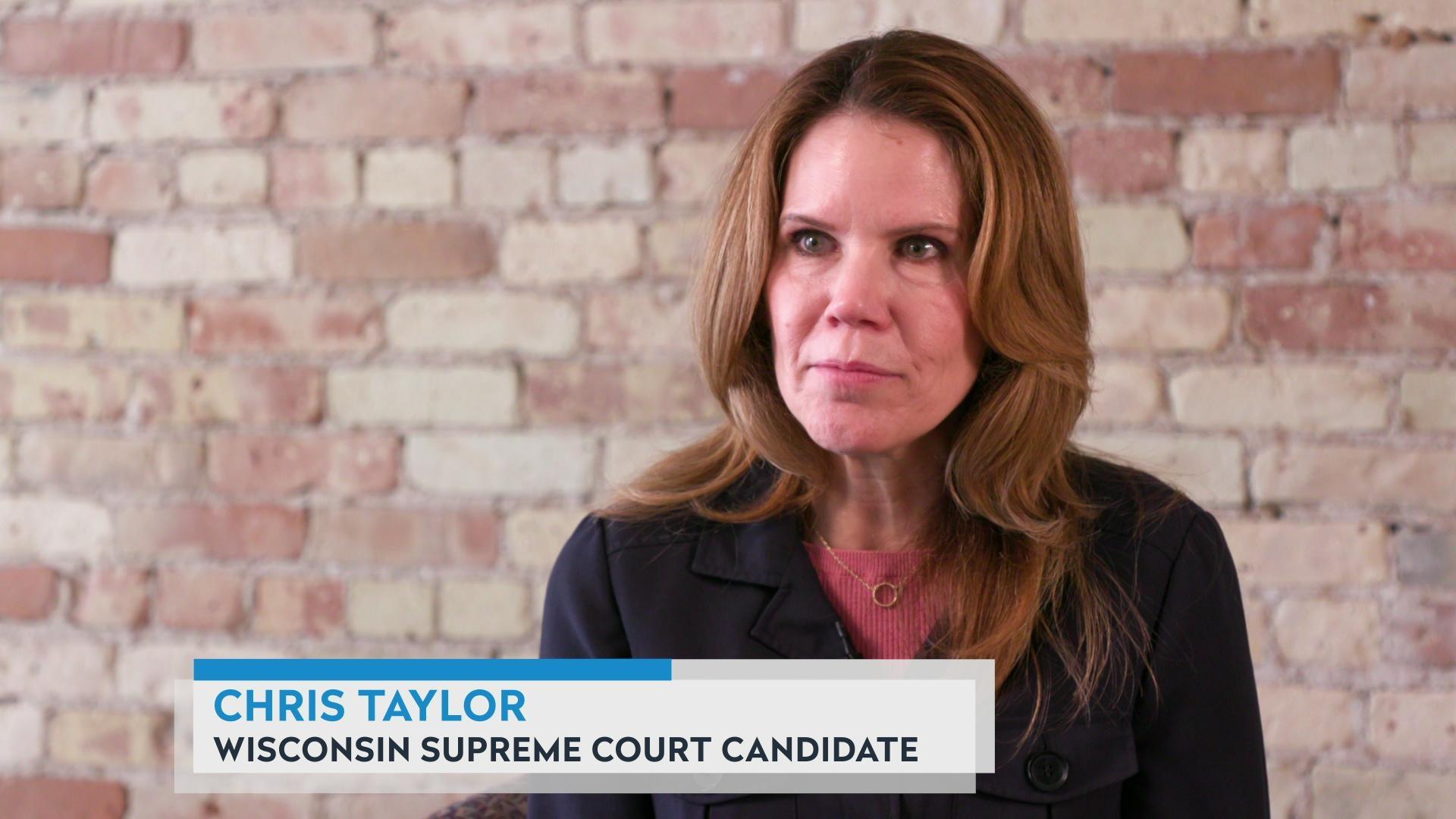
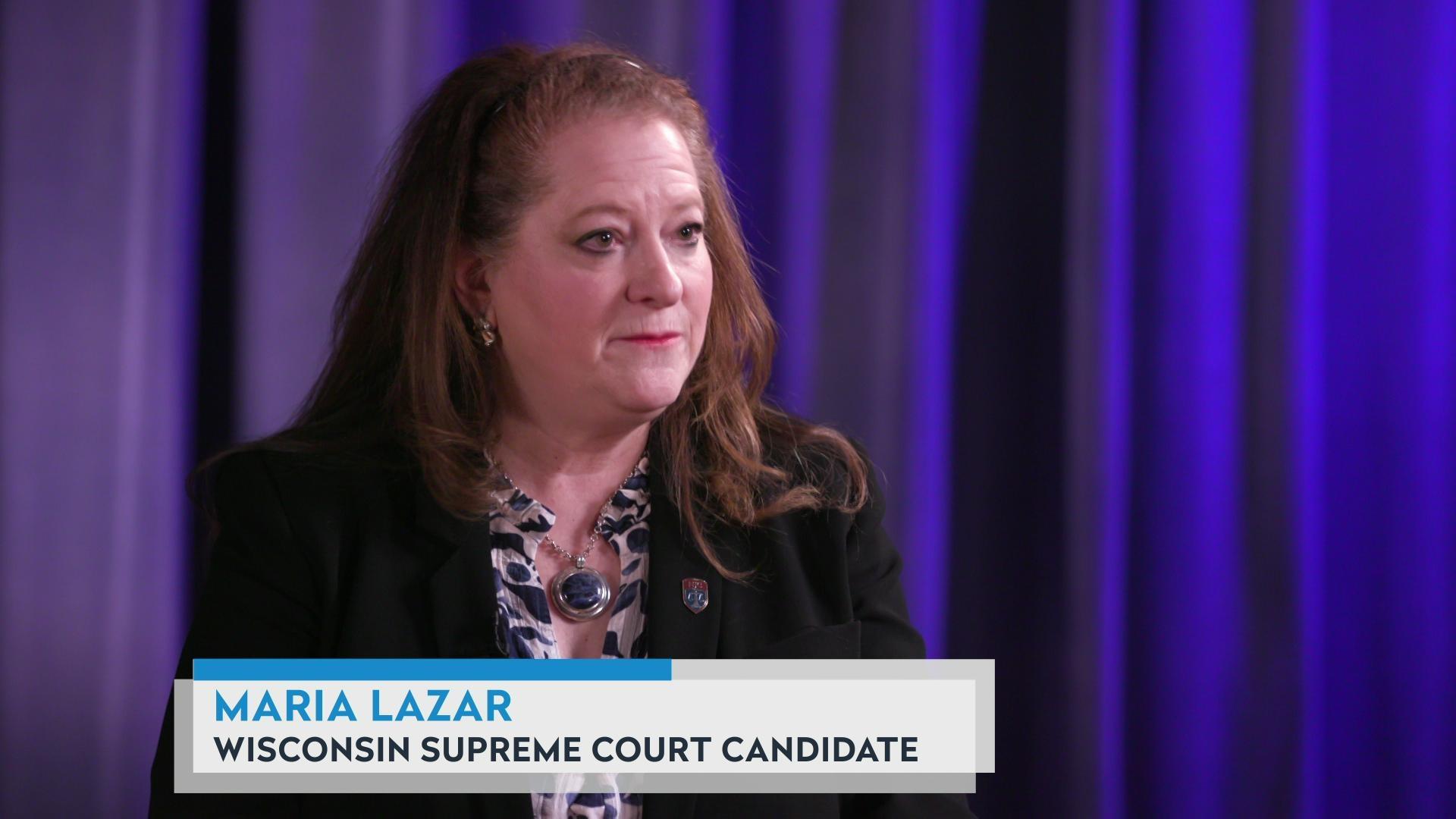

Follow Us